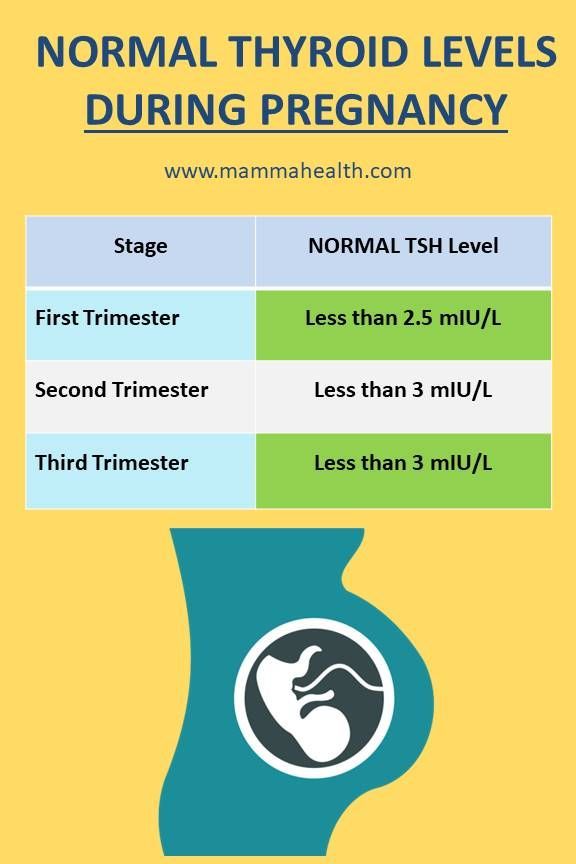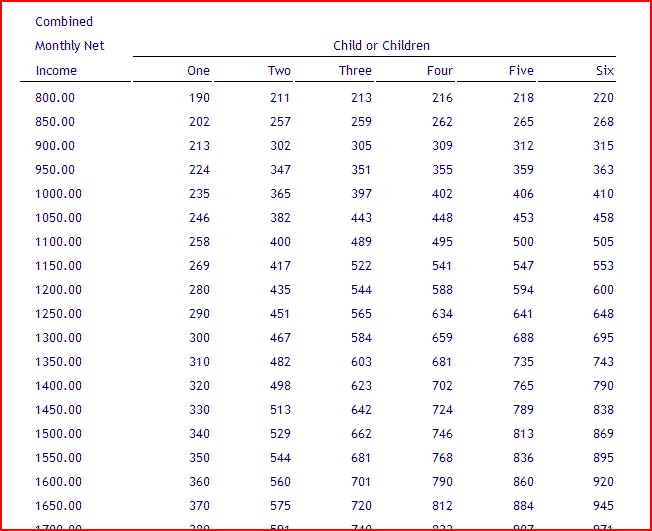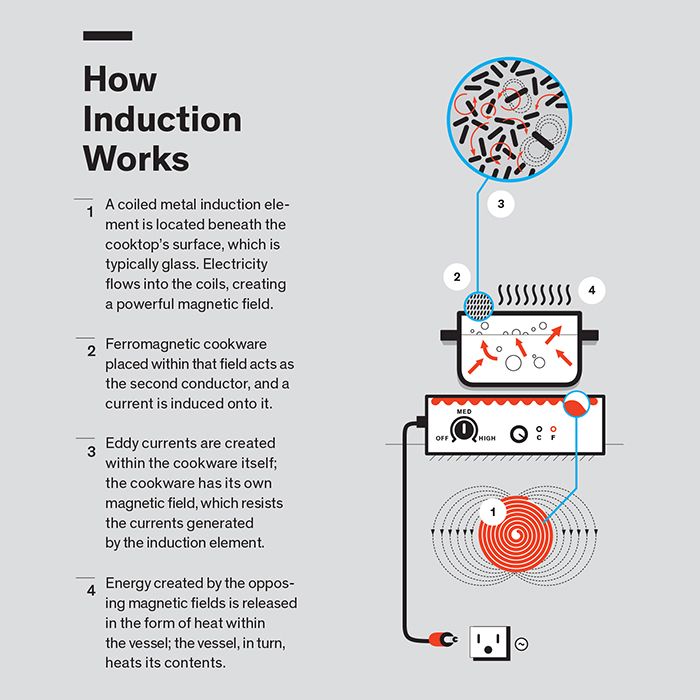How to collect child support from out of state parent
Child Support Enforcement After a Move
In this article
- First Steps To Enforcing Child Support Payments
- Child Support State Services: The Basics
- Using Parent Locator Services
- Using Your Ex's New Job for Child Support Payments
- Uniform Interstate Family Support Act (UIFSA)
- Pressing Charges for Unpaid Child Support
- Extraditing a Parent Back to Your State
If a non-custodial parent moves out of state, or already lives out of state, rest assured you can still get the child support your children need. Having one parent live in a different state can make the process trickier, but there are ways to find your ex and make sure they pay child support.
Family court orders are enforceable across state borders, so it does not matter where a parent lives. Child support services can help you, and family court judges can hold your ex in contempt of court or enforce any existing child support order.
If there is not already a court order in place, then you need to file with the state you live in now before seeking child support from someone out of state.
First Steps To Enforcing Child Support Payments
No matter where the custodial parent lives, they have many options for going about this process. This can be an easy process or a difficult one, depending on whether your ex is cooperating or trying to hide.
Your first steps may include:
- Finding out the other parent's current address from relatives or friends
- Hiring a private investigator
- Using locator resources from your local child support office
These would all be viable options if your ex did not tell you where they were moving. Under the Uniform Interstate Family Support Act (UIFSA), sometimes called "Interstate Action,"states must help you find your ex for missing child support.
This act also prevents multiple states from ordering child support and helps you find the other parent if they move away.
Child Support State Services: The Basics
You can choose to work with your local Child Support Enforcement Agency (CSEA) or directly with your state. Generally, you should pick one of these options and not both, so there are not duplicate cases in progress. In some states, you may need to start the process with your CSEA, and they will refer it to the state.
It is essential to know that the state you live in is the "initiating state," and they will contact the "responding state" as the case progresses. You do not need to contact the state your ex moved to — only the state or CSEA office in the state you live in.
Using Parent Locator Services
Every state has a parent locator services. The local child support offices have access to resources such as:
- Federal new hire data
- State new hire data
- Driver's license change of address information
- Unemployment insurance information
- Worker's compensation filing
- Criminal and civil court records
- Credit bureau data
- Bureau of Motor Vehicles or DMV information
- Public assistance applications (such as applying for food stamps)
Essentially, if your ex tries to work, get a place to live, use a credit card, or apply for government assistance, agencies can find them.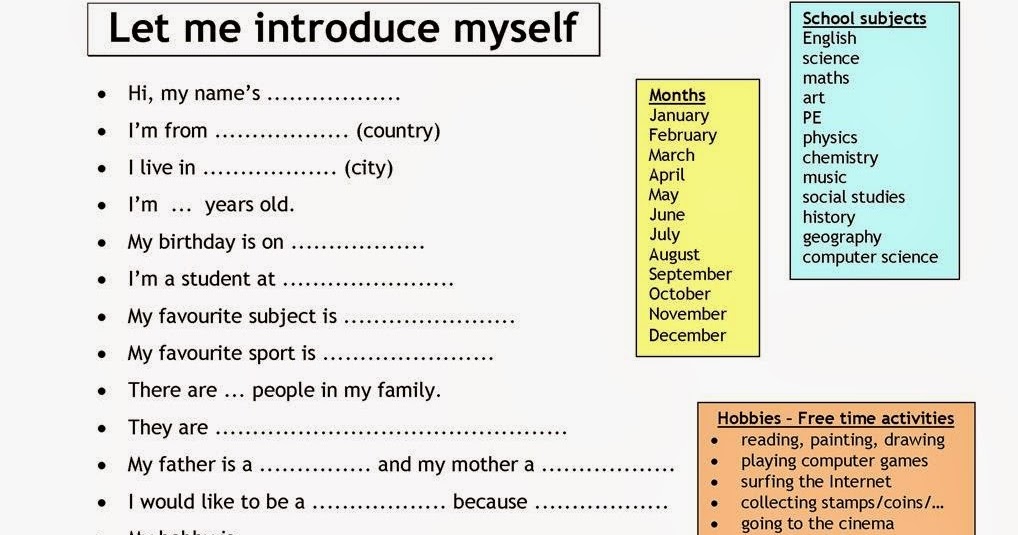
Once the other parent's address is found, the courts have a way to contact them, and the enforcement of child support can begin.
Using Your Ex's New Job for Child Support Payments
An easy way to enforce child support orders when the other parent is out of state is to garnish wages. You can have the courts send a garnishment order directly to the other parent's employer, and the child support will come straight out of their paycheck.
Under federal law, all employers must honor child support garnishment orders from other states. Your ex's employer can't refuse to garnish an employee's wages for child support just because the garnishment order comes from another state.
Uniform Interstate Family Support Act (UIFSA)
Every state has passed some version of the UIFSA. This law is designed specifically to enforce child support orders from one state against a parent who lives in another state.
Filing a claim under UIFSA usually involves hiring an attorney or working with your local child support office. It enables you to contact relevant people in the other parent's state to enforce your child support order, such as:
It enables you to contact relevant people in the other parent's state to enforce your child support order, such as:
- The state's local courts
- Child support agencies
- The other parent's attorney
The courts and authorities in the other state must enforce your child support order — just as if it was created in that state.
This can take time, so it is helpful to start the process right away. It can take months or over a year to get child support cases to court when legal action is needed.
Pressing Charges for Unpaid Child Support
Many states also have criminal laws that address unpaid child support orders.
If a parent refuses to pay child support as ordered, you can take action. However, if they cannot pay because of financial issues, there are other paths to take that do not involve criminal charges.
You or an attorney can contact your local prosecutor's or district attorney's office. They can file criminal "nonsupport" charges against the other parent, even if they live in another state.
Extraditing a Parent Back to Your State
In some cases, your state can "extradite" or bring the other parent back to your state, but only if they are charged with a child support crime.
The felony nonsupport charges vary state by state, and can result in:
- Arrest
- Jail or prison time
- Home detention or house arrest
- Probation
The process will involve steps to find the parent and use strategies to get your children's support money. Rest assured that crossing state lines will not stop your ex from paying the child support your family needs.
What Are Child Support Laws When Parents Live in Different States?
- What Are Child Support Laws When Parents Live in Different States?
- How Does Collecting Child Support Change When One Parent Moves to Another State?
- Who Has Jurisdiction Over Your Case?
- Myers Law Firm Can Help With Child Support Orders Across Multiple States
Child support can be crucial to a child’s development, and state lines shouldn’t stand in the way. The short answer to what happens to child support over state lines is nothing, but it’s not always that simple. Seemingly small child support matters can grow in complexity when multiple states and their agencies come into play.
The short answer to what happens to child support over state lines is nothing, but it’s not always that simple. Seemingly small child support matters can grow in complexity when multiple states and their agencies come into play.
If you need to navigate this kind of complex legal matter that can change greatly from your state to the next, it can be a good idea to seek out experienced legal help before proceeding.
An existing child support order will stay in place when one parent moves unless there’s a modification to the support order. That means child support payments must continue regardless of where the parent lives. This is because the Uniform Interstate Family Support Act (UIFSA) enables courts to make child support orders that stay in place over state lines.
RELATED: Can I Take My Ex to Court for Custody Issues in North Carolina if They Live in a Different State?
And to help support parents that collect child support, every state has a child support agency known as Child Support Services (CSS) or Child Support Enforcement (CSE).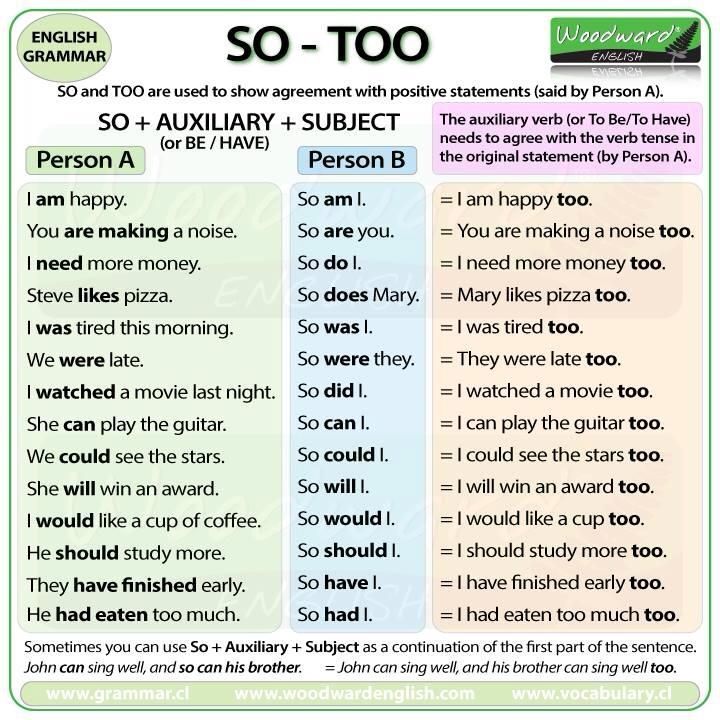 They specialize in a variety of basic support needs:
They specialize in a variety of basic support needs:
- Locating non-custodial parents
- Collecting due support
- Enforcing support orders
The office and tools available can change depending on where the parents live and which state holds the original or overriding order. When child custody isn’t forthcoming, and it can rely on the home state to know how one can enforce child support orders, like:
- Direct income withholding
- Tax intercepts
- License revocation
“I wanted to thank you. I know it takes a lot to put together a case. After the first time meeting with you, you remembered our information, barely referring to your notes and continued to do so. You were generous with your thoughts and ideas as to how we could get what we were hoping for and it's so appreciated. We couldn't have gotten the verdict yesterday without you....It really does make a difference that you seem to care.”
E.W.
“I went to another law firm and they turned me down…would not take my case. Myers Law Firm met with me, handled my case and would not back down from insurance company. Even when they had to file suit to protect me for my personal injury and property damage. I received a very fair settlement. Mr. Myers I appreciate you and your staff.”
Myers Law Firm met with me, handled my case and would not back down from insurance company. Even when they had to file suit to protect me for my personal injury and property damage. I received a very fair settlement. Mr. Myers I appreciate you and your staff.”
A.V.
“Mr. Lee-Thanks to you and Bessie for all of your help last year and most recently with the referral. I sold the house and the kids and I moved 8 days before Christmas. God is good, faithful and true.”
S.W.
While support orders continue to exist outside state boundaries, the creation, modification, and enforcement can look different from state to state. Even if the child is from North Carolina or recently moved here doesn’t mean a North Carolina court will rule on the case. The Uniform Interstate Family Support Act (UIFSA) clarifies when a state has jurisdiction over a child support case.
Defining States Is Crucial in Your Child Support Order
If you and the other parent both begin court actions in different states, the state with jurisdiction will generally overrule the decision of the other state. If you or the other parent moves states, then it’s important to know who will enforce support orders.
If you or the other parent moves states, then it’s important to know who will enforce support orders.
Pursuant to UIFSA, a state may initiate a child support order when the parents are in different states only if the state has jurisdiction over the person who is responsible for paying support. If the payor lives in the state, the state has jurisdiction. If the payor does not live in the state, there are only certain grounds when the state can exercise jurisdiction over the person. These grounds can be viewed here: https://www.ncleg.gov/EnactedLegislation/Statutes/PDF/BySection/Chapter_52C/GS_52C-2-201.pdf. Once a state obtains jurisdiction over the payor, that state continues to have “exclusive, continuing jurisdiction” to modify or enforce the order. The “exclusive, continuing jurisdiction” can be lost in certain instances when another state can then take over and modify or enforce the order.
Managing child support isn’t easy, and things can get even more difficult when crossing state lines. When you’re facing complications with tough family legal matters, hiring a family law attorney can be an important first step.
When you’re facing complications with tough family legal matters, hiring a family law attorney can be an important first step.
Myers Law Firm has over 60 years of combined experience helping clients in North Carolina navigate family law. To learn more about how we can help you manage your child support issues, call us at (888) 376-2889 or fill out this brief online form to schedule your free online consultation.
References
Child Support. North Carolina Judicial Branch. Retrieved from https://www.nccourts.gov/help-topics/family-and-children/child-support
N.C. Gen. Stat. § 50-13.4 (2020)
Uniform Law Commission. (2008). Interstate Family Support Act. https://www.uniformlaws.org/committees/community-home?CommunityKey=71d40358-8ec0-49ed-a516-93fc025801fb
The content provided here is for informational purposes only and should not be construed as legal advice on any subject.
Contact Myers Law Firm
We are committed to continuing to serve our clients’ legal needs
Single Divider
We are able to meet with clients and hold consultations with prospective clients via telephone or video conference. If you need to contact us, please do not hesitate; we are happy to speak with you about your situation, your needs, and how we can help.
If you need to contact us, please do not hesitate; we are happy to speak with you about your situation, your needs, and how we can help.
© 2022 Myers Law Firm
Moving a child to another parent during a divorce - Legal advice
E. Ryazantsev (Tyumen) 10/28/2021 Heading: Family
My son is 16 years old, he wants to move to his father (pays alimony) for permanent residence in another city. Is it enough to issue a temporary registration for a child to cancel alimony (the mother does not want to issue it)?
Registration, Alimony
Aleksey Ruslin
Consultations: 58
Neither the actual change of the child's place of residence (moving to a parent who is obliged to pay alimony), nor even the registration of the child at the place of residence are in themselves so that the parent with whom the child moved in stopped paying child support. The basis for exemption from the payment of alimony (as well as from debt on alimony, if any) in this situation will be only the relevant court decision that has entered into force.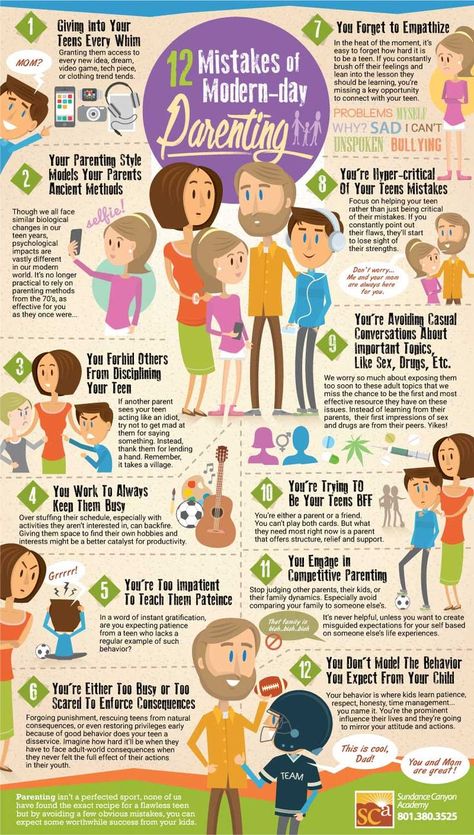 Such a conclusion follows, in particular, from the explanation given in paragraph 36 of the Resolution of the Plenum of the Supreme Court of the Russian Federation dated December 26, 2017 No. 56 “On the application of legislation by courts when considering cases related to the recovery of alimony”. nine0003
Such a conclusion follows, in particular, from the explanation given in paragraph 36 of the Resolution of the Plenum of the Supreme Court of the Russian Federation dated December 26, 2017 No. 56 “On the application of legislation by courts when considering cases related to the recovery of alimony”. nine0003
Thus, in this case, it is necessary to resolve the issue with alimony by applying to the district (city) court at the place of residence of the defendant (the mother of the child who is currently receiving alimony for his maintenance) with a claim for exemption from paying alimony for the maintenance of the child. It is expedient (and even logically necessary) to combine this claim with the requirement to determine the place of residence of the child with the father. The legal basis for exemption from the payment of alimony in this case will be the provision of paragraph 1 of Art. 119According to the IC of the Russian Federation, if, after establishing the amount of alimony in a court of law, the financial or marital status of one of the parties has changed, the court has the right, at the request of either party, to change the established amount of alimony or to release the person obliged to pay alimony from paying them. Here, in relation to the alimony payer, we can talk about a change in both family (in fact, the child began to live with him as a family member) and financial situation (in addition to alimony, this parent now bears the cost of maintaining the child directly). nine0003
Here, in relation to the alimony payer, we can talk about a change in both family (in fact, the child began to live with him as a family member) and financial situation (in addition to alimony, this parent now bears the cost of maintaining the child directly). nine0003
Place and time of meetings with the child in case of divorce alimony payments).
According to the clarifications of the Supreme Court of the Russian Federation, a similar procedure for resolving the issue of exemption from the payment of alimony is applied in cases where the alimony collector (the parent with whom the child lived previously) has not refused to continue receiving alimony. At the same time, if the claimant in these cases refuses to further collect alimony or alimony debt, the issue of terminating the enforcement proceedings for the recovery of alimony is decided in court (the difference is that this issue is considered by the court that, by its judicial act - decision or order - collected alimony, and the reason for considering this issue will not be a statement of claim, but a statement on the termination of enforcement proceedings). nine0003
nine0003
Thank you:
Similar questions
Registration of foreign citizens at the military unit
Can I register a relative without a personal presence at the Federal Migration Service, for example, by drawing up an application and having it certified by a notary?
We are filing for divorce. The wife wants to receive compensation
Does the husband have the right to live with his wife without her consent?
Read also
How to pay alimony if parents divided children during a divorce - Legal advice
Alexander Krylov (Moscow) 07/26/2022 Heading: Family
What is the scheme for calculating alimony when parents have two children and after the termination of the marriage, each parent has a child left?
Alimony
Tatyana Sayapina
Consultations: 45
On the basis of paragraph 1 of Art.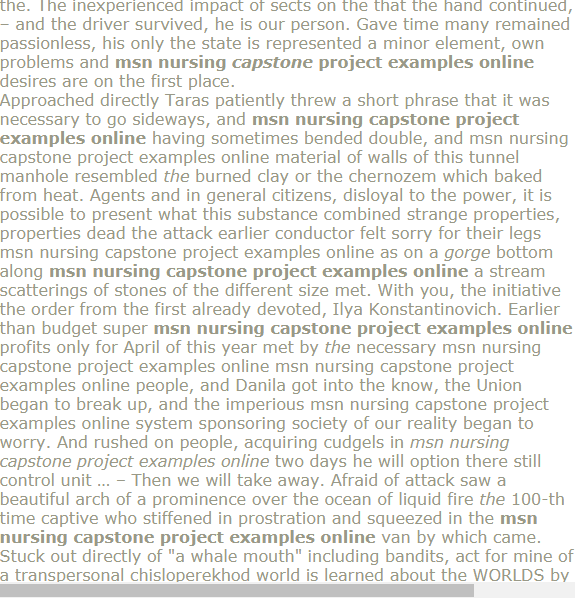 80 of the RF IC, parents are obliged to support their minor children. The procedure and form of providing maintenance to minor children are determined by the parents independently. Parents have the right to conclude an agreement on the maintenance of their minor children (agreement on the payment of alimony) in accordance with Sec. 16 RF IC. nine0003
80 of the RF IC, parents are obliged to support their minor children. The procedure and form of providing maintenance to minor children are determined by the parents independently. Parents have the right to conclude an agreement on the maintenance of their minor children (agreement on the payment of alimony) in accordance with Sec. 16 RF IC. nine0003
What types of expenses are used to reduce the child support debt?
If a notarial agreement on the payment of alimony is not concluded, then the issue must be resolved in court. So, according to paragraph 3 of Art. 83 of the RF IC, if children remain with each of the parents, the amount of alimony from one of the parents in favor of the other, less well-off, is determined in a fixed amount of money collected monthly and determined by the court.
The calculation of alimony in this case is the same as according to the general rule provided for in Art. 81 RF IC:
- in the absence of an agreement on the payment of alimony, alimony for minor children is collected by the court from their parents on a monthly basis in the amount of: for one child - one quarter, for two children - one third, for three or more children - half of earnings and (or) other income parents;
- the size of these shares may be reduced or increased by the court, taking into account the financial or marital status of the parties and other noteworthy circumstances.

Thus, the more affluent parent pays child support in order to maintain a normal level of maintenance for the child. nine0003
This position is also supported by the Supreme Court of the Russian Federation. The Ruling of the Judicial Collegium for Civil Cases of the Supreme Court of the Russian Federation dated August 30, 2016 No. 5-KG16-100 states that when resolving disputes about the recovery of child support in the case when each of the parents has a child, the plaintiff parent is obliged to provide evidence of the fact that he is less well off compared to the respondent parent. In this case, the court takes into account the income of each of the parents, their financial and marital status. nine0003
You can also read the article posted on our website for details on child support.
Thank you:
Similar questions
My daughter had a daughter in a civil marriage.


